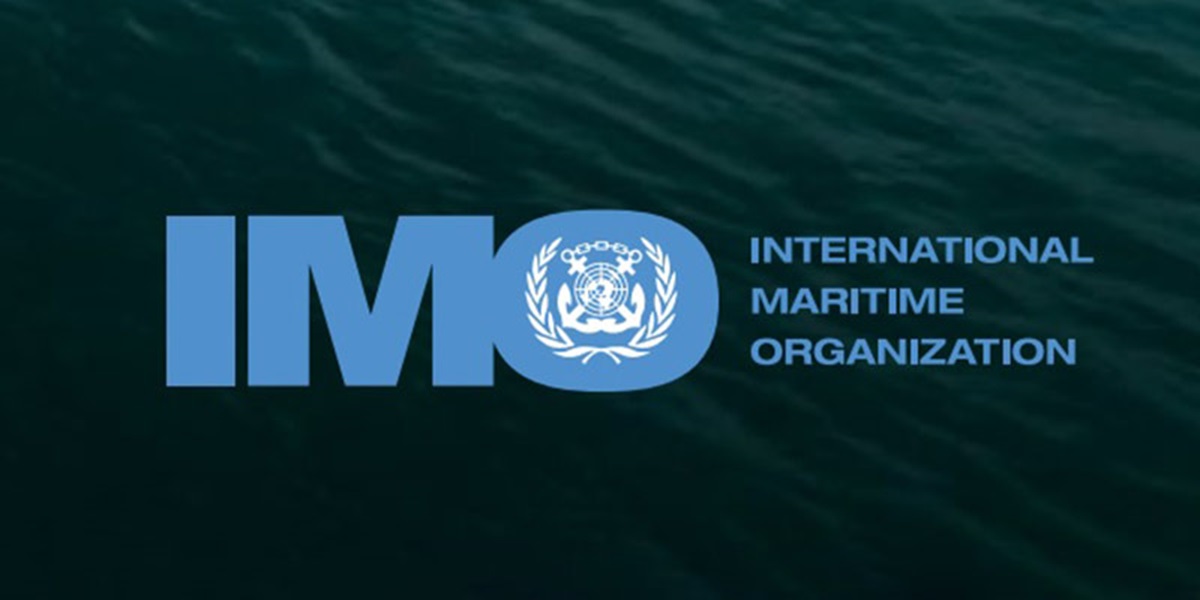The International Maritime Organization’s (IMO) proposed Net-Zero Framework—introducing a global fuel standard for ships and an emissions pricing mechanism—has ignited sharp divisions across the maritime sector as Member States prepare to vote on adoption in October 2025.
Supporters hail the agreement, reached in April, as a “historic step” toward decarbonising global shipping. The Getting to Zero Coalition, representing over 180 companies, urged states to endorse it, warning that inaction would carry “significant negative consequences” for the industry. The coalition stressed that IMO regulation is essential to ensure a transition that is “fair, efficient, and global.”
“The foundation for success is there if the political will remains firm,” the group noted, calling for constructive negotiations to refine implementation guidelines.
Yet opposition is mounting. The United States has denounced the plan as “a global carbon tax on Americans levied by an unaccountable UN organization” and threatened retaliatory measures against countries backing the framework.
Industry leaders have also expressed skepticism. As the October decision looms, the IMO faces a pivotal moment—one that could define the trajectory of shipping’s decarbonisation for decades to come.









